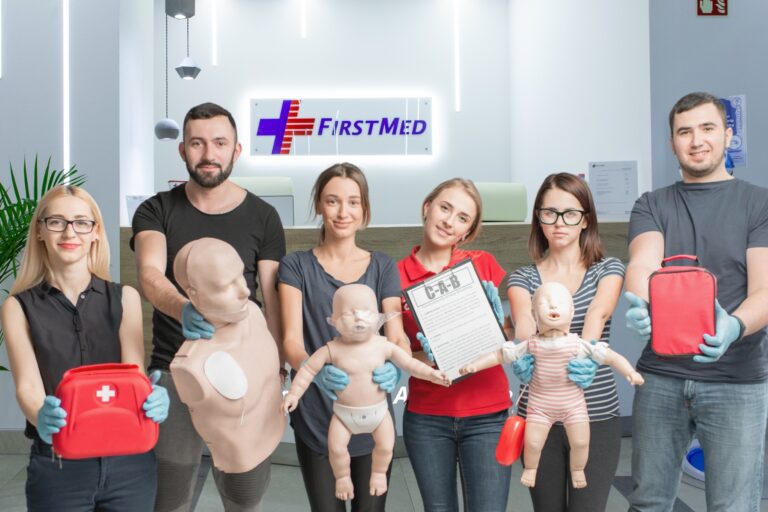What we do
The most common neurological disorders are stroke, headache and epilepsy, but we also see patients with pain, dizziness, numbness, movement disorders, etc. A neurologist is a physician who specializes in neurology, and is trained to investigate, or diagnose and treat neurological disorders.When Should I Seek a Neurologist?
You should immediately see neurologist (or at least GP or call ambulance) in case of acute stroke (sudden onset speech disturbances, weakness, impaired alertness), loss of consciousness, epileptic seizure, sudden sharp occipital pain. In case of chronic diseases, outpatient visits can occur (as in FirstMed Centers as well) in order to diagnose the above mentioned disorders and to follow up the patients.The visit should also include treatment sessions as in case of botulium toxin treatment for chronic migraine, spacticity, torticollis (cervical dystonias) and blepharospasm.
What Should I Expect During a Neurological Consultation?
Neurology visit starts with detailed history taking, exploring the current and past complaint, medical and family history. Previous results are reviewed.The examination itself starts with:
- Gait and balance analysis (walking), coordination tests.
- Cranial nerves are examined, than tendon reflexes, as well as abnormal reflexes.
- Muscle power and tone, sensory system are also checked.
- NCS is performed with superficial stimulating and recording electrodes in order to stimulate the sensory and motor nerves (e.g. in case of nerve entrapment syndromes like carpal tunnel or cubital tunnel syndrome).
- EMG is performed with a fine needle electrode in order to examine the muscle’s activity directly from the muscles.
- RNS is similar to NCS but uses several electrical impulses in order to test the neuromuscular junction, the connection between nerves and muscle (e.g. in case of Myasthenia gravis)








